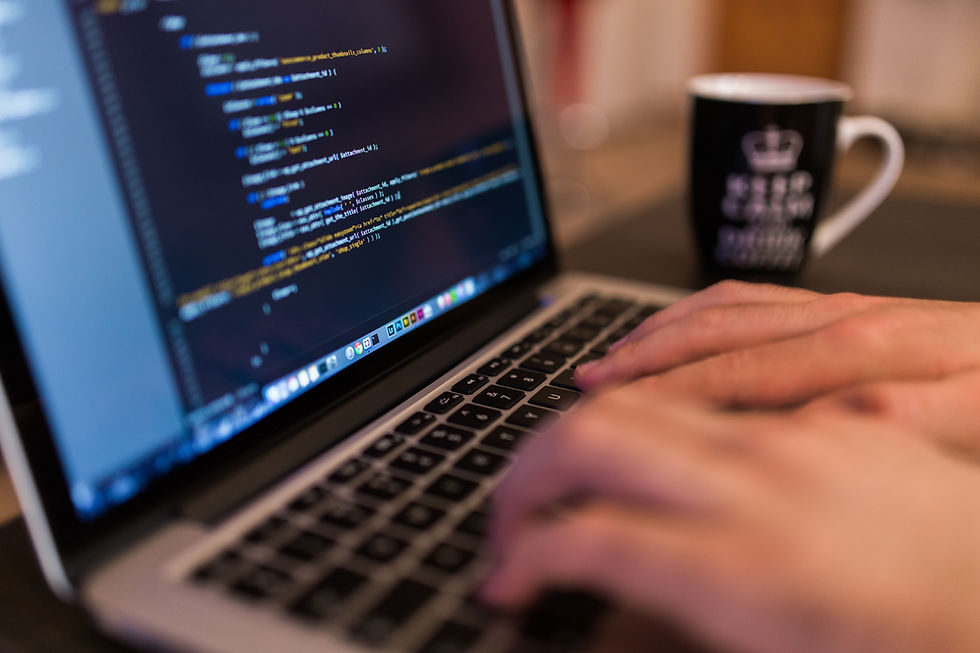Northwest SEED Fuels a Healthy Future for All
- Sedona Spotlight
- Jan 28, 2017
- 4 min read
By Linda Irvine, NW Seed
WASHINGTON, AUGUST 2016 – Renewable energy is at a pivotal moment in our region and beyond, as leaders and citizens alike recognize the need to turn to clean energy to thrive in a changing climate. While the price of solar PV has fallen 50% over the past 5 years, the upfront investment still poses a barrier to low-income communities. Northwest Sustainable Energy for Economic Development (Northwest SEED) is on the front lines, working to remove this and other challenges and close the green divide.
Through our Affordable Clean Energy for All (ACE for All) program, we seek to increase access to renewable energy technology for all people, starting with low-income communities. Northwest SEED’s June 2015 report, Solar PV for Multifamily Affordable Housing in Seattle provided a deeper understanding of the barriers to accessibility in the city. Over the past year, Northwest SEED’s nimble team has taken on the role of convener: pulling together stakeholders such as city representatives, low income housing owners, and community leaders. The report compiled research, explored the low-income landscape, and sought to understand the stark inequity evidenced by the green divide.
The green divide refers to the gap in services and opportunities for low-income communities to reap the benefits of sustainability. Incentives and services are often more readily available to those who already have the time and money to take advantage of them. In King County, for example, in 2015, only 1% of the solar incentives went to affordable housing providers, while 99% went to single family homeowners with a median household income of $90,000. While the consequences of global warming – such as increased extreme weather events and heat waves will affect us all, low-income communities will bear the brunt of these changes. For this reason, it is vital to provide pathways for engagement to low-income communities. ACE for All works to close the green divide.
Deploying solar installations on low-income housing will help to preserve affordability by reducing operating costs. To maximize the cost savings and minimize energy use, our deployment projects will coordinate with energy efficiency upgrades where possible. The first deployments will tap utility grants and other sources of funding, to prove the concept and raise awareness among housing providers. A typical installation will aim to offset 50% of common area loads, enabling the housing providers to reinvest in improved tenant services. In addition, Northwest SEED is exploring financial and policy models that deliver savings directly to tenants.
In addition to housing security and local investment, renewable energy deployment also promotes job creation. ACE for All will develop a “green jobs” pipeline to provide career opportunities for low-income residents. The Washington State Department of Commerce has identified the clean technology sector as one of its eight “key sectors,” areas the state will focus on as high growth opportunities. ACE for All taps into this growth opportunity, providing business to local installers who employ skilled workers at fair wages.
As with all of Northwest SEED’s renewable energy initiatives, this project will have an educational component, bringing residents and community members into the conversation and helping them to understand their role. “Solar installations are an educational opportunity, a way to engage with the communities who have historically been excluded from renewable energy programs,” says Linda Irvine, Northwest SEED’s Program Director, who will oversee ACE for All’s strategies, “It’s vital that all people are engaged in this movement. Solar has been described as ‘contagious’ in that once one neighbor goes solar, others start to ask questions, learn more, and get involved in their local energy solutions.”
Northwest SEED’s impact doesn’t end with Ace for All. In fact, Northwest SEED has delivered renewable energy projects and advocacy to over 100 communities across the Pacific Northwest, including farmers, rural small businesses, Native American tribes, local governments, and urban neighborhoods. One of the most impactful programs, Solarize Northwest, increases solar generation through a neighborhood-based group purchase campaign. Residents are educated at local workshops where they select a local contractor, learn about financing and technology with their neighbors, and receive a discounted rate when participating together. “One of the frequent questions we receive is, ‘How can solar work in Seattle’s rainy weather?’” explained Irvine, on a typical cloudy Seattle day. “They are always surprised to hear that we receive 15% more sunlight yearly than Germany – one of the largest solar markets globally.”
Irvine believes that everyone has a role to play to build a healthier future. “Climate change can feel overwhelming – Northwest SEED’s programs demonstrate how every citizen can get involved,” Irvine explains, “Our educational workshops teach that there is actually quite a bit the individual can do to decrease their carbon footprint, and collectively, our impact matters.” This year, Northwest SEED celebrates its 15th year bringing clean energy programs to diverse communities across the region. ACE for All represents a milestone for our region, as renewable energy is brought into reach for all of our citizens. “We are hopeful about the future,” Irvine said, “We all need to step up to the plate to make lasting change, and ACE shows an avenue for more inclusive involvement in the movement.”
Linda Irvine is the Program Director of NW SEED. Founded in 2001, NWSeed.org creates communities powered by locally controlled clean energy, and is a member of Earth Share of Washington.
There are countless ways to get involved,” says Camilla Walter, Development Manager for Northwest SEED, “Fundamentally, we are about people coming together to take action and learn. Give us a call, stop by a workshop, and find out what you can do to bring local, clean power to your area.” Help build the future we believe in. www.nwseed.org (206) 328-2441 info@nwseed.org





Comments